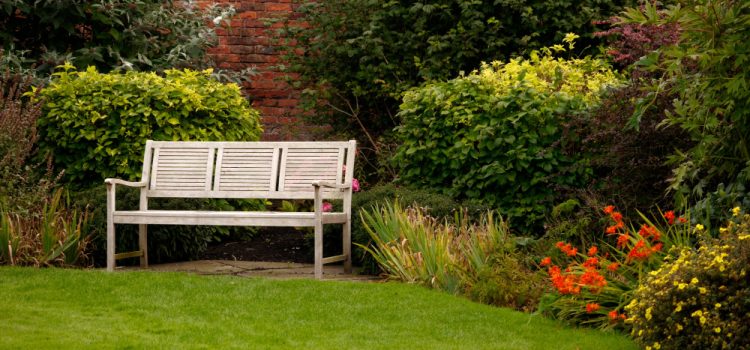
Introduction:
Gardening has long been recognized as a therapeutic activity, providing a sense of peace and tranquility. But did you know that there is scientific evidence to support the benefits of garden therapy? In this article, we will explore the science behind garden therapy and why planting seeds can be beneficial for both your physical and mental health.
Subtitle 1: The Physical Benefits of Garden Therapy
Garden therapy offers numerous physical benefits that contribute to overall well-being. Here are a few key ways in which planting seeds can positively impact your physical health:
1. Physical Exercise: Gardening involves various physical activities such as digging, planting, and weeding, which provide a moderate-intensity workout. These activities help improve cardiovascular health, strengthen muscles, and increase flexibility.
2. Exposure to Vitamin D: Spending time outdoors in the sunlight while gardening allows your body to absorb vitamin D, which is essential for bone health and immune function.
3. Stress Reduction: Engaging in gardening activities has been shown to reduce stress levels and lower blood pressure. The combination of physical activity, fresh air, and being surrounded by nature contributes to a sense of relaxation and well-being.
Subtitle 2: The Mental Health Benefits of Garden Therapy
In addition to the physical benefits, garden therapy has a profound impact on mental health. Here’s how planting seeds can positively affect your mental well-being:
1. Stress Relief: Gardening has been found to reduce stress and anxiety levels. The act of nurturing plants and watching them grow can be incredibly calming and therapeutic. It provides a sense of purpose and accomplishment, boosting self-esteem and reducing symptoms of depression.
2. Mindfulness and Mind-Body Connection: Engaging in garden therapy encourages mindfulness, as it requires focusing on the present moment and being fully aware of your surroundings. This practice promotes a sense of grounding and helps individuals connect with nature, fostering a stronger mind-body connection.
3. Cognitive Stimulation: Gardening stimulates cognitive function by requiring planning, problem-solving, and decision-making. It enhances memory, attention, and concentration, which are crucial for maintaining mental sharpness and preventing cognitive decline.
Subtitle 3: The Science Behind Garden Therapy
The science behind garden therapy lies in the interaction between humans and nature. Research has shown that exposure to nature and engaging in gardening activities have several physiological and psychological effects:
1. Biophilia Hypothesis: The biophilia hypothesis suggests that humans have an innate connection with nature. Being in natural environments, such as gardens, can have a positive impact on our well-being, reducing stress and promoting healing.
2. Environmental Enrichment: Gardening provides a multisensory experience, engaging our senses of sight, smell, touch, and even taste. This sensory stimulation has been linked to improved mood, reduced pain perception, and increased overall satisfaction with life.
3. Microbiome and Immune System: Gardening exposes individuals to a diverse range of microorganisms present in the soil, which can have a positive impact on the immune system. Studies have shown that exposure to these beneficial microorganisms can strengthen the immune response and reduce the risk of allergies and autoimmune diseases.
Conclusion:
Garden therapy offers a multitude of benefits for both physical and mental health. Planting seeds and engaging in gardening activities can improve cardiovascular health, reduce stress, boost cognitive function, and promote overall well-being. The science behind garden therapy highlights the importance of our connection with nature and the positive impact it has on our lives. So, grab your gardening tools and start reaping the benefits of this therapeutic activity today!










